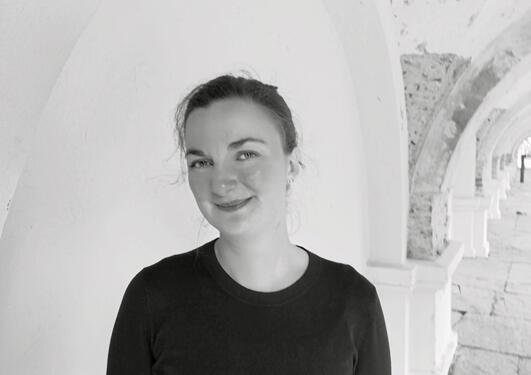Public defense Maria D. Styve: From Marikana to London: The Anti-Blackness of Mining Finance

Main content
The trial lecture will be held on Thursday the 13th of June at 15:15.
Both events are open to the public.
On the 16th of August 2012 thirty-four mineworkers were shot and killed by South African police forces during a strike against the British mining company Lonmin. How could such a massacre take place long after the demise of apartheid?
In order to understand how it could happen, Styve asks whether there are pieces of the puzzle to be found outside the spatial and temporal boundaries of contemporary South Africa. Given that Lonmin has its main listing on the London Stock Exchange, the connection between the mining sector in South Africa and the finance sector in London is probed. Based on 14 months of fieldwork in London, Cape Town and Johannesburg, Styve presents an ethnography of mining finance, based on participatory observation and interviews with investment bankers, fund managers and mining specialists within the field of mining finance.
The dissertation shows how historical patterns that date back to the establishment of the mining industry in South Africa in the late 19th century are rehashed and reshaped in the relationship between global financial capital, the South African state and mineworkers in South Africa. Despite the demise of apartheid, Styve argues that racialized violence still underpins the system of capital accumulation not only within the mining industry, but also within mining finance in London.
Styve traces the relation between financial capital in London and racial violence back to the British slave trade in the 18th Century, when the development of London’s financial institutions grew out of the credit needs of the slave trade. Styve argues that particular European conceptions of modernity and the modern subject that emerge in this period, cannot be separated from the racial violence that underpinned the expansion of European finance capital. Reading the Marikana massacre beyond the spatial and temporal boundaries of contemporary South Africa, Styve argues that it can be read as an instantiation of how the expansion of European finance capital still rests on a particular notion of ‘the human’, which despite the supposed colour-blindness of mining financiers, renders black mineworkers exposed to gratuitous violence within an anti-black system of capital accumulation. While the Marikana massacre can be understood in terms of these long historical patterns, the South African political scene has also changed in its aftermath, with the emergence of new political parties that demand more radical redistribution and change.
Opponents for the public defence
First opponent:
Associate Professor Jemima Pierre, Department of African American Studies and Department of Anthropology, University of California Los Angeles
Second opponent:
Dr. Paul Gilbert, Department of International Development, University of Sussex
The third member of the committee is Professor Vigdis Broch-Due, Department of Anthropology, University of Bergen.
The public defence will be chaired Professor Jacob Aars
Personalia
Maria Dyveke Styve (d.o.b. 1985) holds a master’s degree in Development Studies from the London School of Economics. She has previously worked for Debt Justice Network Norway and for the Bench Marks Foundation in Johannesburg. As a doctoral candidate at the University of Bergen since 2015, she has been part of the ERC-funded project Egalitarianism, headed by Professor Bruce Kapferer. Her PhD-advisors have been Professor Bjørn Enge Bertelsen and professor Annelin Eriksen.
